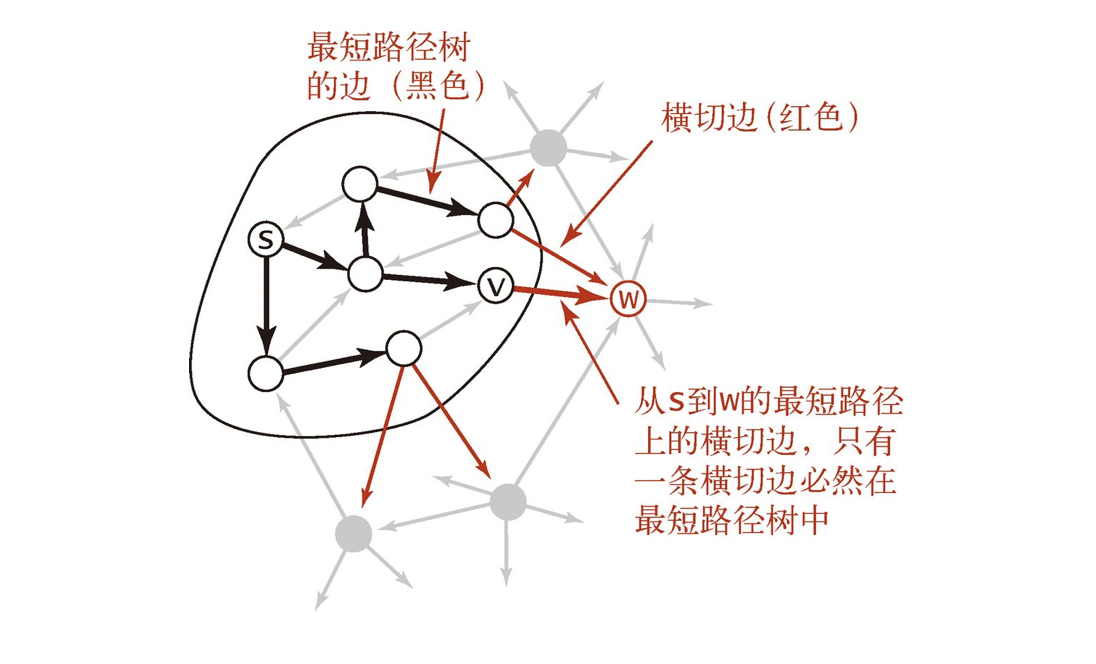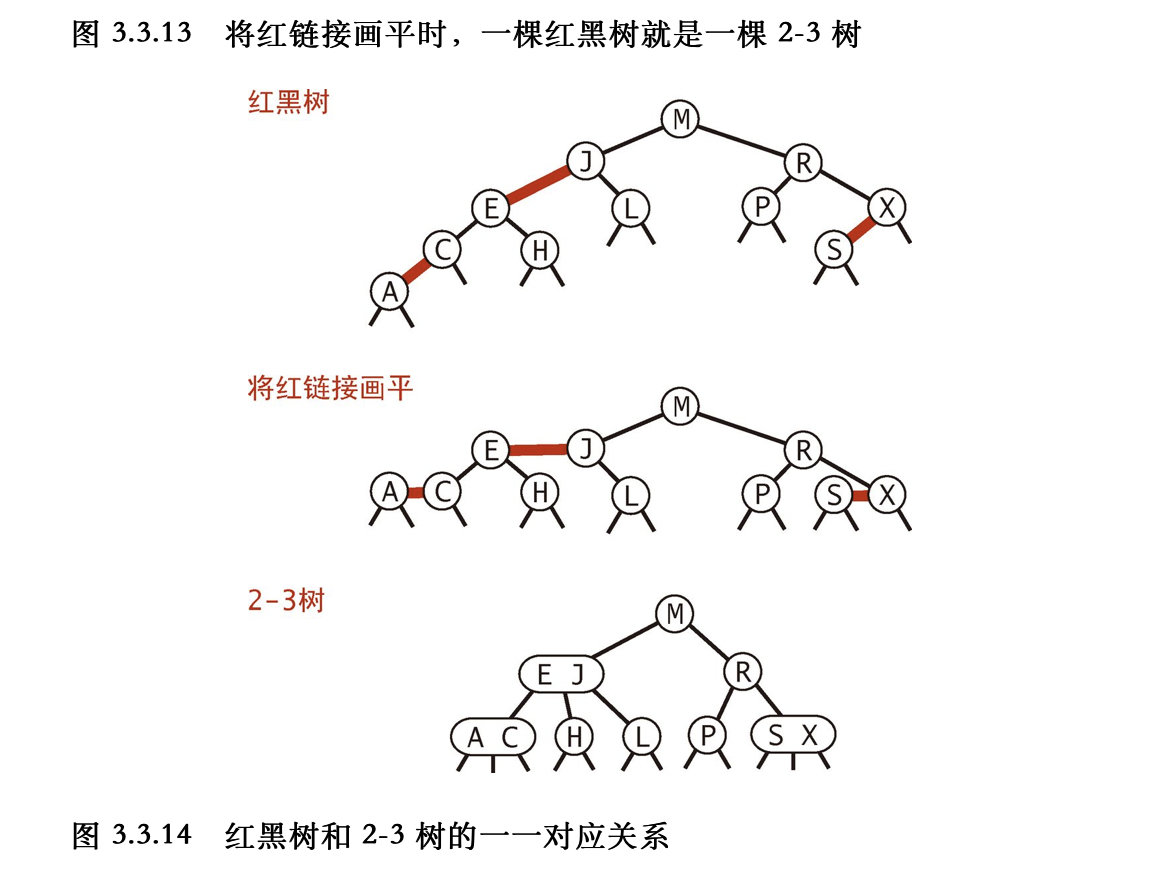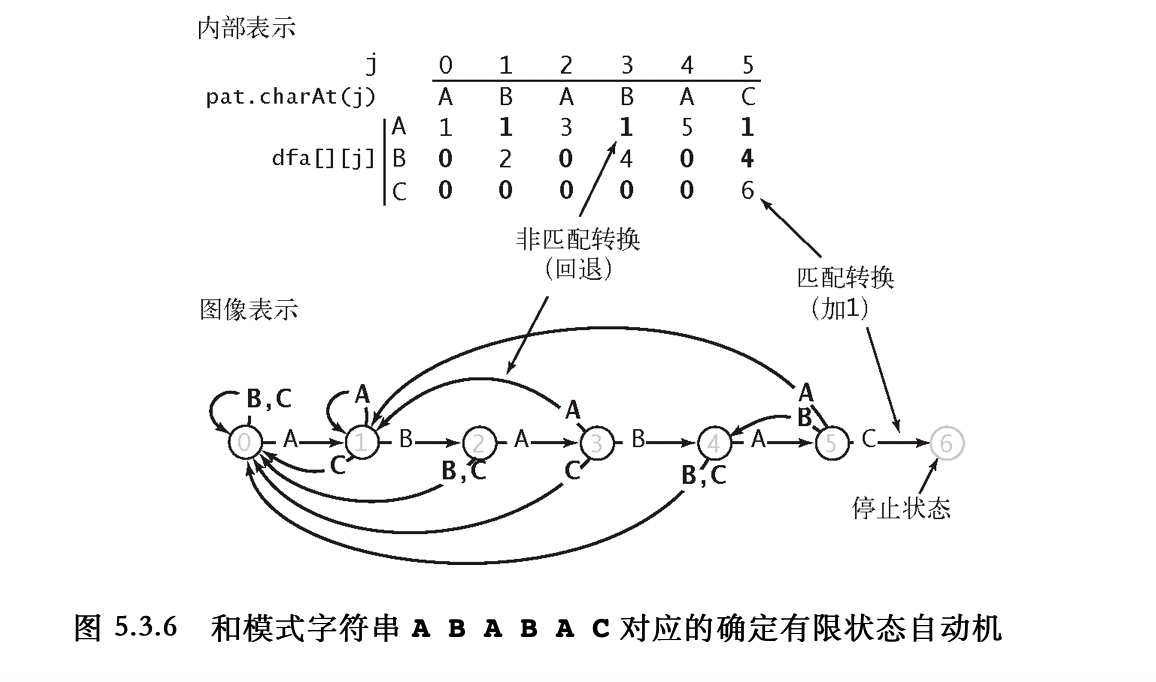1
2
3
4
5
6
7
8
9
10
11
12
13
14
15
16
17
18
19
20
21
22
23
24
25
26
27
28
29
30
31
32
33
34
35
36
37
38
39
40
41
42
43
44
45
46
47
48
49
50
51
52
53
54
55
56
57
58
59
60
61
62
63
64
65
66
67
68
69
70
71
72
73
74
75
76
77
78
79
80
81
82
83
84
85
86
87
88
89
90
91
92
93
94
95
96
97
98
99
100
101
102
103
104
105
106
107
108
109
110
111
112
113
114
115
116
117
118
119
120
121
122
123
124
125
126
127
128
129
130
131
132
133
134
135
136
137
138
139
140
141
142
143
144
145
146
147
148
149
150
151
152
153
154
155
156
157
158
159
160
161
162
163
164
165
166
167
168
169
170
171
172
173
174
175
176
177
178
179
180
181
|
const int maxn = 200000 + 10;
const int NIL = 0;
int n, d, m;
// == Point definition ==
class Point {
public:
int x, y;
} PO[maxn];
// == Point finsihed ==
// == Node definition ==
int ID[maxn];
/* used for mapping ID */
int K = 2, cd;
class KDTree {
public:
int xy[2], xymin[2], xymax[2];
int cld[2];
int sum, fa, num;
bool operator< (const KDTree& rhs) const {
return xy[cd] < rhs.xy[cd];
}
inline void update();
inline void _init(int i);
} T[maxn];
inline void KDTree::_init(int i) {
ID[fa] = i;
_for(j, 0, K) xymax[j] = xymin[j] = xy[j];
num = sum = 0;
cld[0] = cld[1] = NIL;
}
inline void KDTree::update() {
_for(i, 0, K) if(cld[i]) _for(j, 0, K) {
xymin[j] = min(xymin[j], T[cld[i]].xymin[j]);
xymax[j] = max(xymax[j], T[cld[i]].xymax[j]);
}
}
int build(int l, int r, int dep, int _fa) {
if(l > r) return NIL;
int mid = (l + r) >> 1;
cd = dep % K;
nth_element(T + l, T + mid, T + r + 1);
KDTree& cur = T[mid];
//assert(cur.fa != 0);
cur._init(mid);
assert(ID[cur.fa] == mid);
cur.fa = _fa;
if(l < mid) cur.cld[0] = build(l, mid - 1, dep + 1, mid);
if(r > mid) cur.cld[1] = build(mid + 1, r, dep + 1, mid);
cur.update();
return mid;
}
int root;
// == Node definition finished ==
// == KDTree query ==
ll ANS[maxn];
inline bool inRange(int x, int l, int r) {
return l <= x && x <= r;
}
int query(int u, int x1, int x2, int y1, int y2) {
int res = 0;
const KDTree& cur = T[u];
if(cur.xymin[0] > x2 || cur.xymax[0] < x1 || cur.xymin[1] > y2 || cur.xymax[1] < y1 || cur.sum == 0) {
return 0;
}
if(x1 <= cur.xymin[0] && cur.xymax[0] <= x2 && y1 <= cur.xymin[1] && cur.xymax[1] <= y2) {
return cur.sum;
}
if(inRange(cur.xy[0], x1, x2) && inRange(cur.xy[1], y1, y2)) res += cur.num;
_for(i, 0, K) if(cur.cld[i]) {
res += query(cur.cld[i], x1, x2, y1, y2);
}
return res;
}
// == KDTree query finished ==
// == Mo algo ==
int belong[maxn];
int sz, t;
class Qry {
public:
int l, r, id;
} qry[maxn];
void block() {
sz = sqrt(n);
t = n / sz;
_rep(i, 1, t) _rep(k, (i - 1) * sz + 1, i * sz) belong[k] = i;
if(t * sz < n) {
t++;
_rep(k, (t - 1) * sz + 1, n) belong[k] = t;
}
}
bool cmp(const Qry& a, const Qry& b) {
if(belong[a.l] ^ belong[b.l]) return belong[a.l] < belong[b.l];
return a.r < b.r;
}
void add(int pos, ll& ans) {
ans += query(root, PO[pos].x - d, PO[pos].x + d, PO[pos].y - d, PO[pos].y + d);
int ti = ID[pos];
T[ti].num = 1;
while (ti) T[ti].sum++, ti = T[ti].fa;
}
void del(int pos, ll& ans) {
int ti = ID[pos];
T[ti].num = 0;
while (ti) T[ti].sum--, ti = T[ti].fa;
ans -= query(root, PO[pos].x - d, PO[pos].x + d, PO[pos].y - d, PO[pos].y + d);
}
// == Mo algo finished ==
void init() {
Set(ID, 0);
Set(belong, 0);
}
int main() {
freopen("input.txt", "r", stdin);
for(int t = 1, x, y; scanf("%d%d%d", &n, &d, &m) == 3; t++) {
init();
printf("Case %d:\n", t);
// input point data
_rep(i, 1, n) {
KDTree& cur = T[i];
scanf("%d%d", &x, &y);
cur.xy[0] = PO[i].x = x + y;
cur.xy[1] = PO[i].y = x - y;
cur.fa = i;
}
// build tree
root = build(1, n, 0, 0);
// block for Mo algorithm
// remember sort query then Mo algorithm
_rep(i, 1, m) {
scanf("%d%d", &qry[i].l, &qry[i].r);
qry[i].id = i;
}
block();
sort(qry + 1, qry + 1 + m, cmp);
// use Mo algo and KDTree query
int l = 1, r = 0;
ll ans = 0;
_rep(i, 1, m) {
int ql = qry[i].l, qr = qry[i].r;
while (r < qr) add(++r, ans);
while (r > qr) del(r--, ans);
while (l < ql) del(l++, ans);
while (l > ql) add(--l, ans);
ANS[qry[i].id] = ans;
}
_rep(i, 1, m) printf("%lld\n", ANS[i]);
}
}
|
























